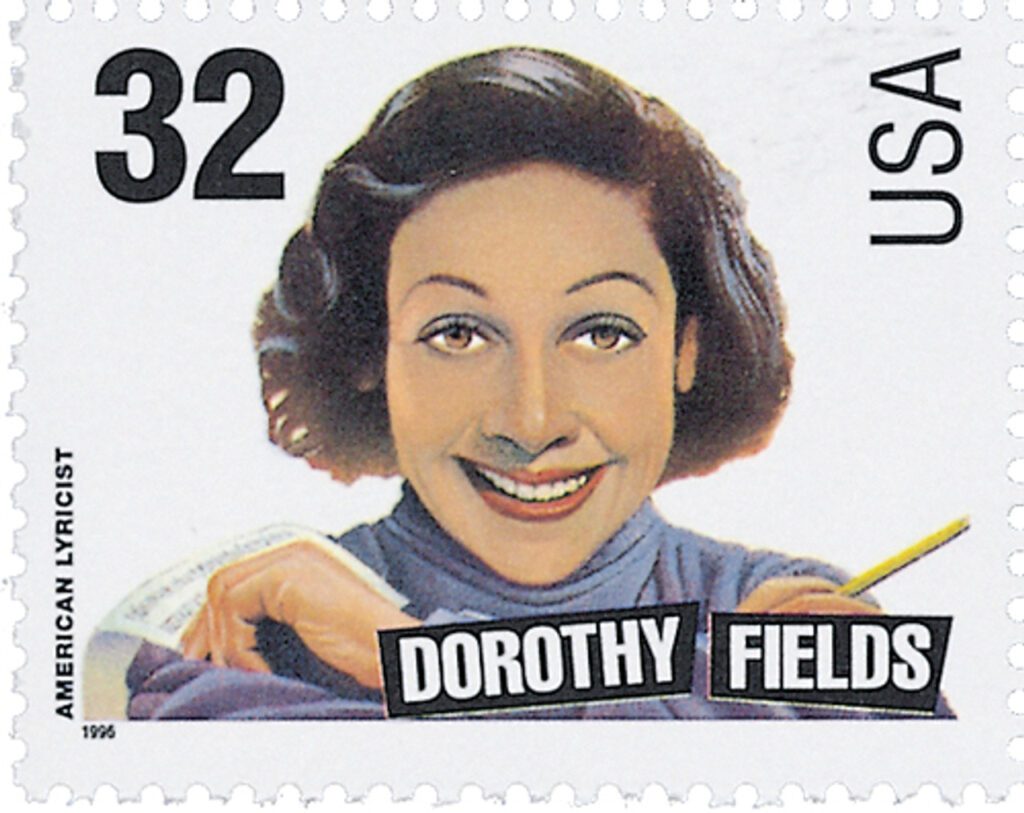Composer Harold Arlen was born Hyman Arluck on February 15, 1905, in Buffalo, New York. He composed over 500 songs during his lifetime, including “Over the Rainbow” from The Wizard of Oz.
Harold Arlen showed great musical promise early in life, learning to play the piano as a child. However, he rejected formal training in favor of playing nightclubs. Arlen found some success singing and playing piano in his hometown and then moved to New York City in the 1920s. It was during this time he changed his name to Harold Arlen and began providing piano accompaniment for vaudeville shows. Arlen wrote his first song, “My Gal, May Pal” in 1924. He soon began singing some of his original songs on recordings with bands and other artists.
In 1929, a composer convinced Arlen to write music for one of his piano pieces, which with the lyrics of Ted Koehler became the song “Get Happy.” It was his first well-known song. He also started writing shows the popular Harlem night club, the Cotton Club. Arlen began working for a music publishing company and produced the songs “Between the Devil and the Deep Blue Sea” and “I’ve Got the World on a String.” Arlen produced scores for the Broadway musicals You Said It, Life Begins at 8:40, Hooray for What?, Bloomer Girl, St. Louis Woman, and Saratoga.
By the mid-1930s, Arlen began spending more time in California, writing songs for musical films. He soon began partnering with lyricist “Yip” Harburg on a number of songs. In 1938, the pair were hired to compose the songs for The Wizard of Oz. The most famous song from the film, “Over the Rainbow,” earned the pair an Academy Award for Best Original Song.
Arlen wrote a number of other songs for Hollywood films including, “It’s Only a Paper Moon,” “Let’s Fall in Love,” “That Old Black Magic,” and Groucho Marx’s theme song, “Lydia the Tatoo’d Lady.” Other popular Arlen songs include: “Blues in the Night,” “Come Rain or Come Shine,” “One for my Baby,” “I Love a Parade,” and “Stormy Weather.”

In 1950s, Arlen composed Judy Garland’s other famous song, “The Man that Got Away,” with lyrics by Ira Gershwin, for the movie A Star is Born. At her notable Carnegie Hall concert in 1961 Garland thanked Arlen personally for the song and he received a standing ovation.
Arlen died on April 23, 1986. After his death, Irving Berlin said, “He wasn’t as well-known as some of us, but he was a better songwriter than most of us and he will be missed by all of us.”
| FREE printable This Day in History album pages Download a PDF of today’s article. Get a binder or other supplies to create your This Day in History album. |
Click here to see what else happened on This Day in History.





Well you have managed to do it, ruin a perfectly good process to show history and stamps. I am very much not a fan of your new format. For whatever reason, I don’t receive the daily notification every day. I get skipped about every 2 or 3 days; sometimes for several days in a row. I was able to just click on the “view previous articles” and read the few days that I missed. Now when I click on that link I get every article you have ever written for that date, with no indication of publication date, so I don’t know which was the most recent. I guess I just want to be able to read in date order and not spend time reading everything you have ever written. Eventually, I will probably just lose interest and quit reading. Disappointed in the midland.
Another good read. Fortunately I’m still getting the daily history reads ok. I do look forward to receiving them. Hope you can fix Mr. Hayes issue. Thanks again for these daily articles.
I play through pieces the ‘Great American Song Book’ daily on my home piano and I’m struck by how often Harold Arlen and Yip Harburg come up. And what a pleasure it is to play and hear their music again and again. Thanks, Mystic, for highlighting the lives of people who made a period of American music and American life great.